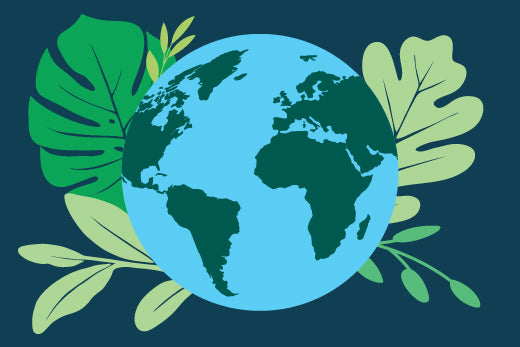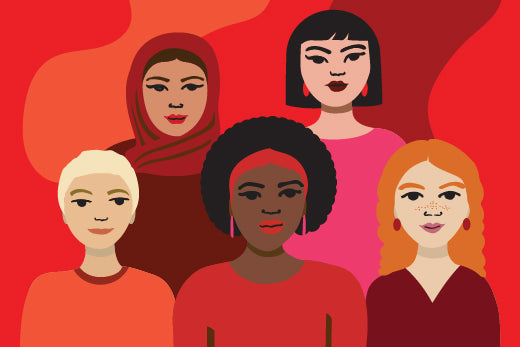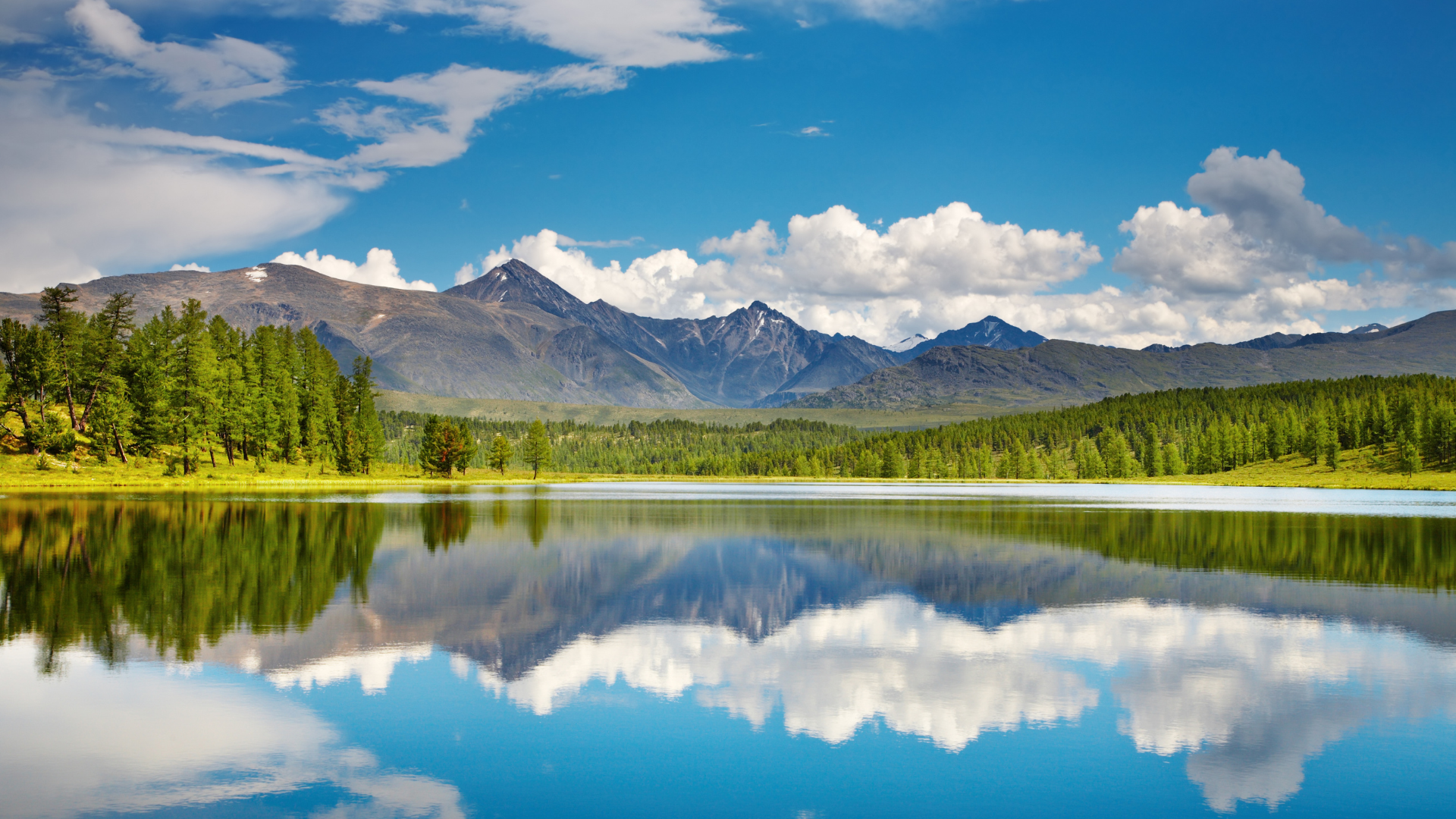
Earth Month is a great time to give back
April is Earth Month, and it's the perfect time to make a difference in protecting our planet. There are countless ways to reduce our carbon footprint and help preserve our climate. From small actions like using reusable bags and water bottles to larger commitments like investing in renewable energy, every effort counts.
Earth Month Giving Challenges offer a fantastic opportunity to make a real impact. By participating in these challenges, we can support organizations that are working tirelessly to protect our environment. By donating to these organizations, we can help fund research, support clean energy initiatives, and promote sustainable practices. We can also spread awareness about the importance of protecting our planet and encourage others to take action. Earth Month is a reminder that we all have a role to play in creating a sustainable future. So, let's take advantage of this opportunity to make a difference and help protect our planet for generations to come. Together, we can create a brighter, cleaner, and more sustainable future.
Earth Month is a great time to give back. Small actions, but big impact.
- Plant a tree
- Donate to a charity
- Save household energy for a month
- Switch to climate-friendly household alternatives
Earth Month is the perfect time to make a positive difference in our environment. Every year, Earth Day is celebrated on April 22nd as an opportunity to bring awareness to environmental issues and to take action towards protecting the planet. However, Earth Month gives us an entire month of opportunities to work together and make a lasting impact.
One way you can help make a difference during Earth Month is by becoming involved with local environmental initiatives or organizations. Whether it’s picking up trash on the side of the road or volunteering at your local park, any effort you put into helping the environment will be greatly appreciated. You can also support organizations that are working towards solutions for global climate change, such as planting trees, launching fundraisers for clean energy programs, or participating in beach cleanups.
Another great way to get involved during Earth Month is by educating yourself and others about the importance of protecting our planet. We can all do our part by reducing our carbon footprint, using more sustainable materials, and supporting businesses that prioritize sustainability in their practices. It’s also important to spread awareness and encourage others to join in these efforts. We can all make a positive impact if we work together towards achieving sustainable development goals.
The history of celebrations began in 1969 with Rachel Carson’s book ‘Silent Sprint’. At that time environmental protection was not yet a priority of the national political agendas.
The first Earth Day was held on April 22, 1970, this day San Francisco activist John McConnell and Wisconsin Senator Gaylord Nelson separately asked Americans to join in a grassroots demonstration. The UN Conference on the Human Environment 1972 in Stockholm marked the beginning of a global awareness of the interdependence between people, other living species and our planet.
By 1990, Earth Month became a global event. 200 million participants from 141 countries joined the initiative and started to work on sustainability.
Earth Month is widely recognized as one of the most important month-long observances in the world.
Forests make our lives better in countless ways that we often take for granted. They produce clean air and water, food and fuel, medicines and income. Forests are also home to 80% of all land-based species. When forests are healthy, they can act as protective buffers against the impacts of storms and other natural hazards.
The importance of forests cannot be understated. Mr. Liu , UN DESA Under-Secretary-General and Secretary-General of the 2022 UN Ocean Conference mentioned at the Sustainable Blue Economy Investment Forum (SBEIF) on 28 June 2022: “We cannot go green without going blue. We cannot go blue without each other.” The Ocean is the Planet’s largest ecosystem, regulating the climate, and providing livelihoods for billions. But its health is in danger.
The UN has set 10 ocean-related targets to be achieved till 2030. They include action to prevent and reducing pollution and acidification, protecting ecosystems, regulating fisheries, and increasing scientific knowledge.
The Ocean provides us all with oxygen, food, and livelihoods. It nurtures unimaginable biodiversity, and directly supports human well-being, through food and energy resources.
Besides being a life source, the ocean stabilizes the climate and stores carbon, acting as a giant sink for greenhouse gases. The ocean and global climate heavily influence one another in many ways. As the climate crisis continues to pose an existential threat, there are some key metrics scientists are watching closely.
The ocean absorbs around 23 per cent of CO2 generated by human activity, and when it does, chemical reactions take place, acidifying the seawater. That puts marine environments at risk and, the more acidic the water becomes, the less CO2 it is able to absorb.
How you could help our Planet?
Prevent plastic pollution: with 80 per cent of marine pollution being originated on land, do your part to stop pollution reaching the sea. You can help by using reusable products, switching to climate-friendly compostable products, avoid consuming disposable products, and also making sure that you are placing your waste in the appropriate bins.
Continue to advocate for solutions, whether that’s on the streets, writing letters to decision-makers, signing petitions.
Commit to restoring the planet! Let’s save the Planet together!




Leave a comment
This site is protected by hCaptcha and the hCaptcha Privacy Policy and Terms of Service apply.